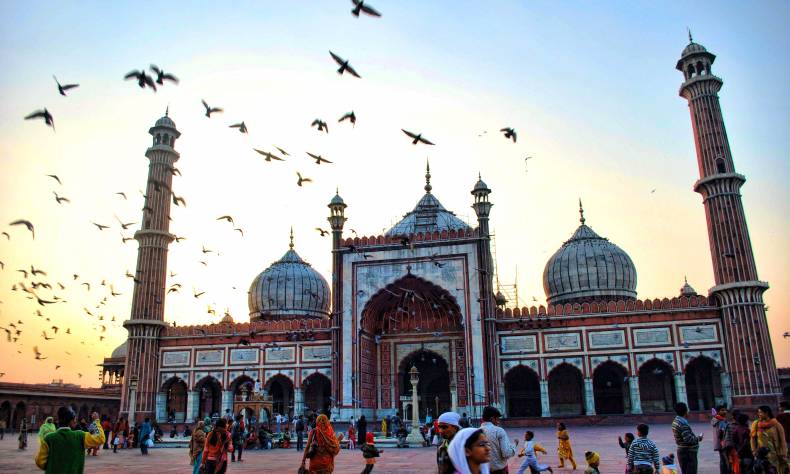
How China and India See Each Other?
In recent years, on almost all specific issues concerning China-India relations, China has shown goodwill with the best intentions, but didn’t receive the same good faith in return.
Differences in almost every issue concerning China-India relations can be traced back to the same question: the hugely contrasted understandings and interpretations on each other’s identity and standing.
In a way, the misunderstandings between China and India are not caused by misinterpretations of behaviors and intentions, but by different identity recognitions and identity imaginations.
First, China and India have different views on their respective international status. The modern international order based on the Charter of the United Nations recognized that all countries, no matter how big or small, are equal members of the international community. However, equal status under the international law doesn’t necessarily mean countries are equal in influence, power, and strength. The international status of a certain country is largely determined by its strength, and also by how it exerts its influence.
China believes that it leads India in almost all widely-accepted parameters that determine the strength of a country. However, in the eyes of India, China is always overshadowed by another more powerful country and finds it hard to exercise psychological superiority over India even though it overtakes India in national strength. This more powerful country is the United States. It is difficult to prove which has a higher status in the international community, a regional power supported by a superpower or a power contained by a superpower. Nevertheless, even though it is weaker in national strength, India doesn’t feel the need to be restrained when dealing with China, especially dealing with issues which may lead to confrontations.
Second, the two countries hold different perceptions on the other side’s position in their respective development strategy. Since China and India established diplomatic relations seven decades ago, what do the two sides mean to each other? While India’s answer to this question is generally negative, China’s strategic thinking on India has been consistent and coherent, which is evident in China’s broad picture of strategies. India has never been a key concern in China’s global vision, and China has never considered India a major threat. India, on the other hand, tends to view China as the primary factor undermining its strategic security and as the obstacle for it to realize the aspiration to become a big power. The two sides’ strategic positioning toward each other doesn’t fit together. Thus, it is hard to guarantee that the signals one side sends will be correctly interpreted by the other.
Third, there is a gap in anticipated benefits when it comes to their policies on bilateral ties. During the interaction between the two countries, it is easy to notice the contrast between national strength and willingness to take action. India, which is weaker in comprehensive strength, has been quite aggressive in its relationship with China. When a problem arises, India always adopts pushy diplomatic measures. In a word, India has played a key role in shaping the status of the bilateral ties.
In recent years, on almost all specific issues concerning China-India relations, China has shown goodwill with the best intentions, but didn’t receive the same good faith in return. Why did China, as the stronger player, never try to stop India’s aggressive diplomatic practice? One possible explanation goes like this: China doesn’t think it necessary to fight back with the same or even stronger measures because that may lead to more harm than good.
The mutual strategic misjudgments caused by the two countries’ different perceptions of each other’s identity can be summarized as follows: China believes that the China-India relationship is a non-zero-sum game between a powerful country and a less powerful country, while India considers it a zero-sum game between two equally powerful countries. The different psychologies and opinions on specific issues serve as the premise and affect the whole development process of China-India ties. They decide the mentalities of the two sides when determining tactics for interaction. It is almost impossible to narrow down the differences through managing and addressing specific issues. Thus, these differences carry a greater and more decisive influence on China-India relations in the long run.
The author is deputy director and researcher with the National Instituteof International Strategy, Chinese Academy of Social Sciences.
 Facebook
Facebook
 Twitter
Twitter
 Linkedin
Linkedin
 Google +
Google +










